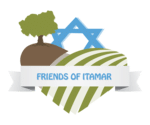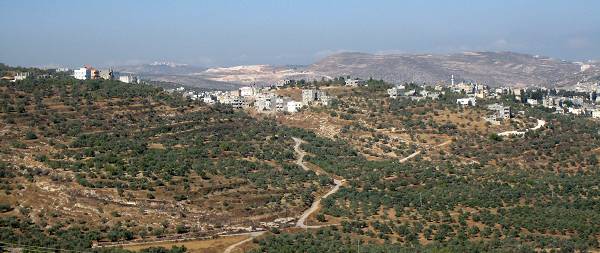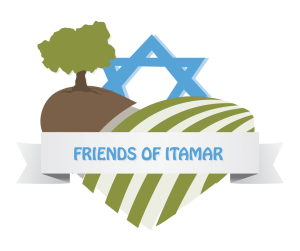Parashat Eikev
Parashat Eikev Thursday, August 2, 2007 In this week’s Torah portion, parashat Eikev, we read about how Hashem loves the convert and provides him with bread and raiment.
Parashat Vaetchanan
Parashat VaatchananThursday, July 26, 2007 This week’s parasha opens with Moshe Rabeynu’s plea to Hashem to allow him to enter the Promised Land. Our rabbis teach us
Parashat Devarim
Parashat Devarim Thursday, July 19, 2007 Since we’re approaching Tisha B’av, this week’s Torah thought is centered on the destruction of the Bet HaMikdash. In o
Parashat Matot
Parashat MatotThursday, July 12, 2007 This week’s parasha, Matot, opens with the laws pertaining to oaths. Why is it important that one keep an oath? If one pledges an oath
Parashat Balak
Parashat Balak 11 Tamuz 5767 /June 27th 2007 At first glance at the opening of parashat Balak it seems that the fear of the Moabites towards Am Yisrael is a result of the Jewish na


